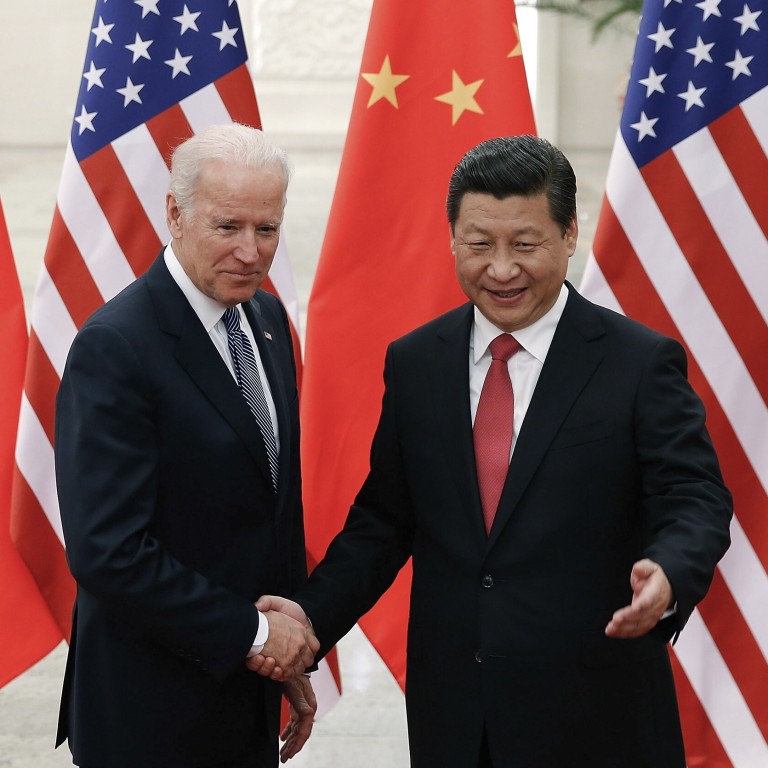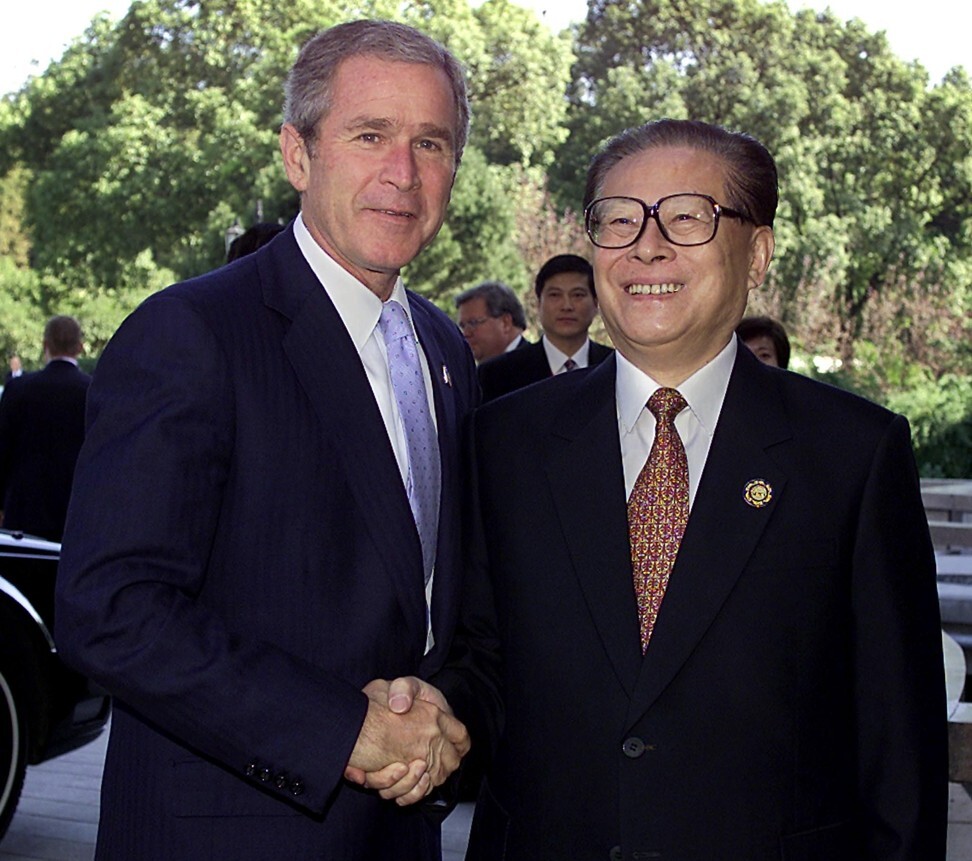
Exclusive | China-US tension: Xi-Biden meet may be further delayed as Beijing considers a virtual G20 seat
- If they fail to meet in Rome in October, it would be the longest delay before a newly inaugurated US president met his Chinese counterpart since 1997
- Politburo Standing Committee members have not taken any overseas trips since the pandemic and Xi has not hosted a foreign state leader since March 2020
While Beijing is yet to reach a final decision, the leadership leans towards China’s president attending via a video link rather than flying to Rome for the summit on October 30-31. Virtual attendance would mean there would be no opportunity at the summit for the Chinese and US leaders to hold their first face-to-face meeting since Biden became US president on January 20.
If Xi and Biden fail to meet at the G20 summit in Rome, it would be the longest delay before a newly inaugurated US president met his Chinese counterpart since 1997. Given that there is no other obvious opportunity for the two to meet after October, it may well be the first time there has been no summit between a newly inaugurated US president and China’s top leader since 1993.
But when Clinton secured his second term in 1997, he gave Jiang a grand state visit to the US in October. The Chinese president spent nine days touring the country and it was the first state visit by a Chinese head of state to the US since president Li Xiannian’s trip in 1985.
‘Not much room to move’ on China for next American ambassador
In 2001, a month after the 9/11 terrorist attacks, Jiang warmly received the newly inaugurated US president George W Bush in Shanghai, promising to work with Bush to build a “constructive relationship of cooperation”.
Bush returned the favour and hosted a state visit for Jiang’s successor Hu Jintao in New York in September after winning his second term in 2005.
Hu and the next US president, Barack Obama, who was inaugurated in January 2009, first met on the sidelines of the G20 financial summit in London a few months later on April 1. Obama received Xi Jinping on June 8, 2013, in California, after winning his second term.

While Biden and Xi have known each other for more than a decade, a face-to-face meeting between the leaders of the two largest countries in the world is still important and carries huge symbolic meaning.
Xi, along with the other six members of the all-powerful Politburo Standing Committee, has not taken any overseas trip since the onset of the pandemic last year, nor has he hosted any foreign state leader in Beijing since his reception of Pakistan’s President Arif Alvi in March last year.
State leaders usually take the opportunity of multilateral summits to line up bilateral meetings. Xi and Trump had agreed to reach a truce on the China-US trade war on the sidelines of the G20 summits in 2018 and 2019.
“We need our leaders to meet face to face,” said one of the sources, saying Beijing might miss a chance to mend ties with the West and may become more isolated from the rest of the world.
Another source does not rule out the possibility of a last-minute change.
“We are still in the process of coordination and exploring the possibility outside of in-person participation,” said the source who requested anonymity.
Amid the heightened confrontation on almost all fronts, there have been expectations that a possible sit-down on the sidelines of the G20 between Xi and Biden could help to set tone for how trust will be rebuilt and conflicts will be managed.
China-US arms race set to quicken as American air force chief ups ante
The White House in June signalled an interest in holding direct talks between the leaders “if the conditions are right and the circumstances are warranted”, while China’s Foreign Minister Wang Yi said the resumption of high-level dialogue would “depend on whether the US is sincere”.


